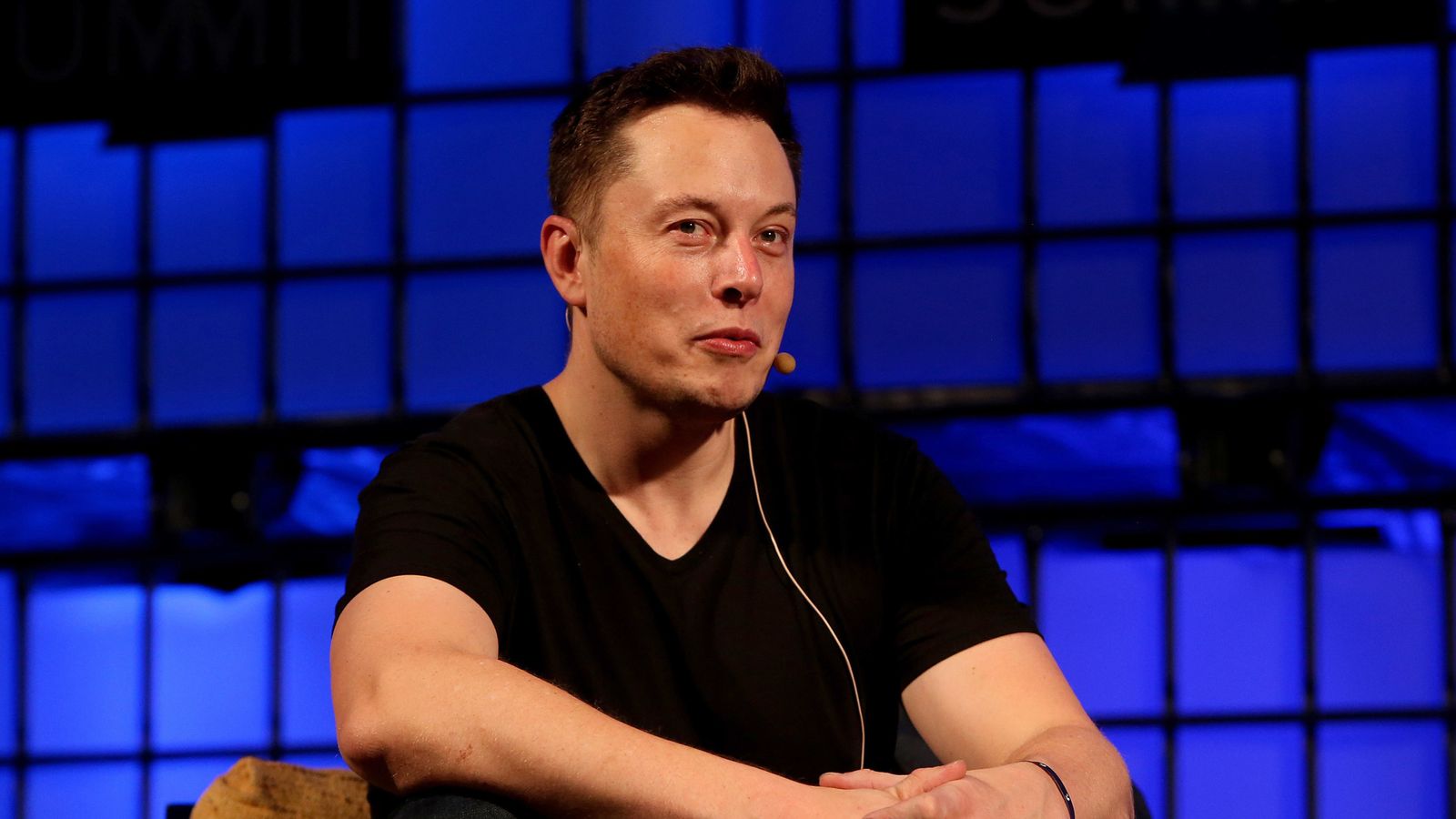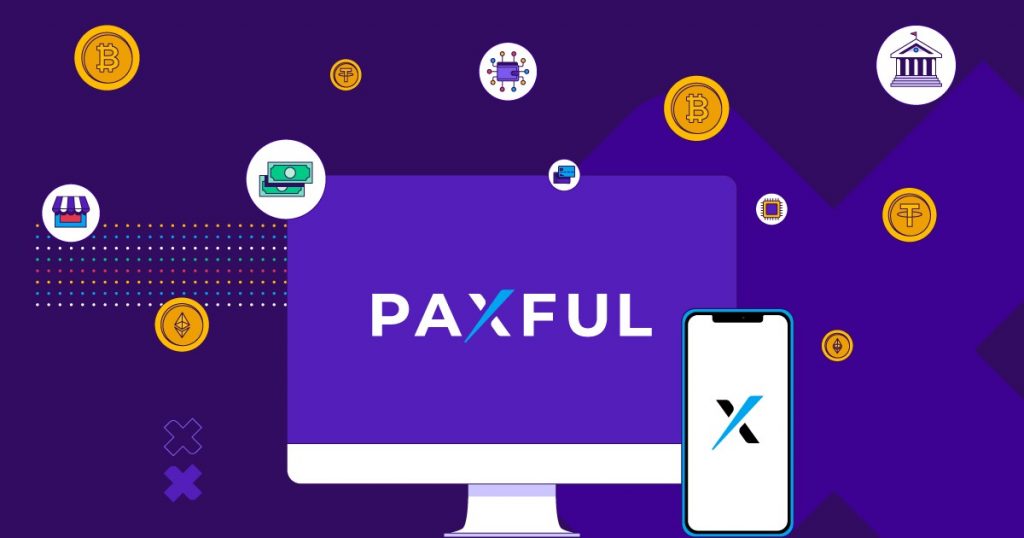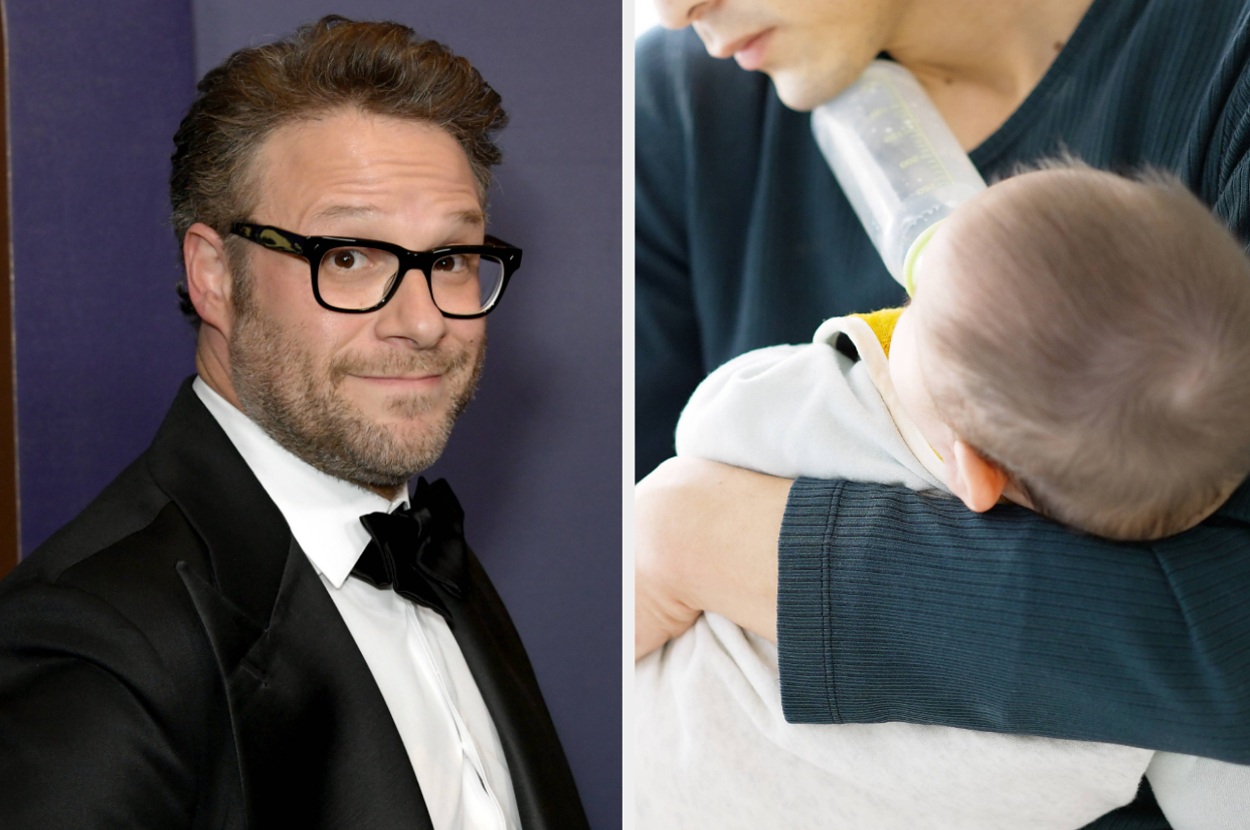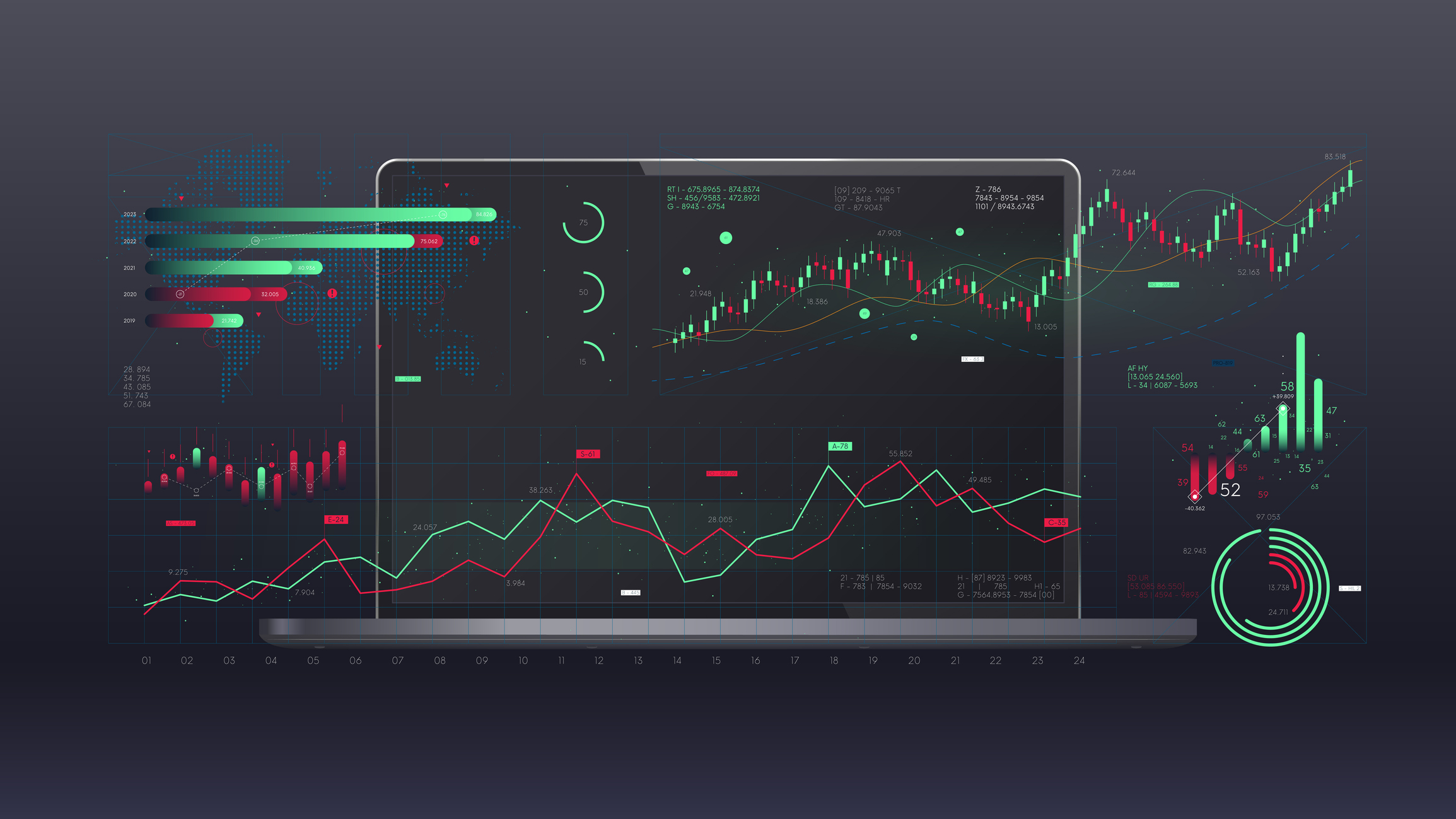The BBC has objected to being labelled as “government-funded media” on Twitter.
The corporation said it had contacted Twitter after the label was added to the main BBC account.
Twitter owner Elon Musk responded to the complaint, asking: “Is the Twitter label accurate?”
Musk later emailed the BBC, saying: “We are aiming for maximum transparency and accuracy. Linking to ownership and source of funds probably makes sense.
“I do think media organisations should be self-aware and not falsely claim the complete absence of bias.
“All organisations have bias, some obviously much more than others.”
He added: “I should note that I follow BBC News on Twitter, because I think it is among the least biased.”
The broadcaster said it was speaking to Twitter about the designation, saying in a statement: “The BBC is, and always has been, independent.
“We are funded by the British public through the licence fee.”
Read more:
Twitter Blue or legacy? Anger and confusion among social media users
Elon Musk and experts say AI development should be paused immediately
The label on the BBC account links to a page on Twitter’s help centre which describes “state-affiliated media” as outlets where the government “exercises control over editorial content through financial resources, direct or indirect political pressures, and/or control over production and distribution”.
The label was also applied to US broadcaster NPR’s Twitter, but it has been changed to government-funded media – the same as the BBC account.
BBC breaking news and sport accounts not labelled
The BBC has always maintained its impartiality and it operates through a Royal Charter agreed with the government which says it “must be independent”.
Britons pay a £159 yearly licence fee to fund the corporation’s output. The figure is set by the government but paid by individual households.
While the main BBC account, which has 2.2 million followers, has been given the label, much larger accounts associated with the corporation’s breaking news and sport output were not.
The account mostly tweets about BBC-produced TV programmes, radio shows, podcasts and other non-news material.
It comes after Twitter removed The New York Times’s blue verification tick from its account.








